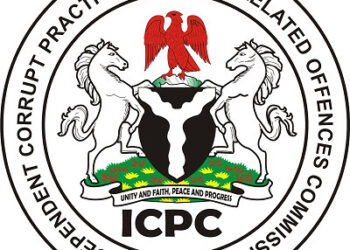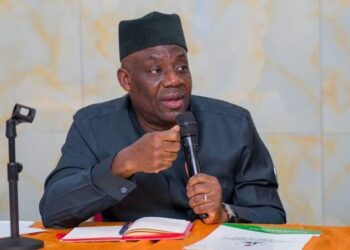The Peoples Democratic Party (PDP) has expressed serious concerns about the recent decision to grant greater autonomy to local government councils, calling it a potentially misguided move that could introduce unnecessary bureaucracy and lead to significant problems for the public. The PDP argues that this change might not only complicate local governance but also exacerbate challenges faced by everyday citizens.
At a press conference held on Sunday, the PDP National Publicity Secretary, Hon. Debo Ologunagba, criticized the Supreme Court’s recent ruling that allows local governments more control over their own funds. Ologunagba emphasized that any proposed reforms affecting local government operations should involve cooperation between the federal government and state governors.
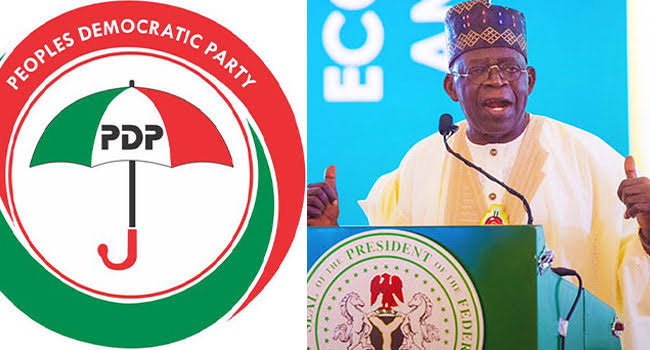
He argued that the federal government should not unilaterally impose changes, as it does not have the same level of understanding or responsibility for local issues as the state governors.
Ologunagba said, “We believe that if there are reforms to be made on the local government, it should be done in conjunction with the governors, not by the fiat of the federal government.” He further explained that state governors are better suited to handle local government affairs because they are more in touch with the needs and realities of their communities. “The federal government doesn’t see people in my village; it is the governors who interact with local issues directly,” he added.
The PDP’s criticism follows the Supreme Court’s decision that prohibits state governors from controlling the funds allocated for local governments. The ruling mandates that local councils, which are democratically elected, should manage their finances independently. This move aims to enhance local governance by ensuring that resources are directly managed by those who are most accountable to local voters.
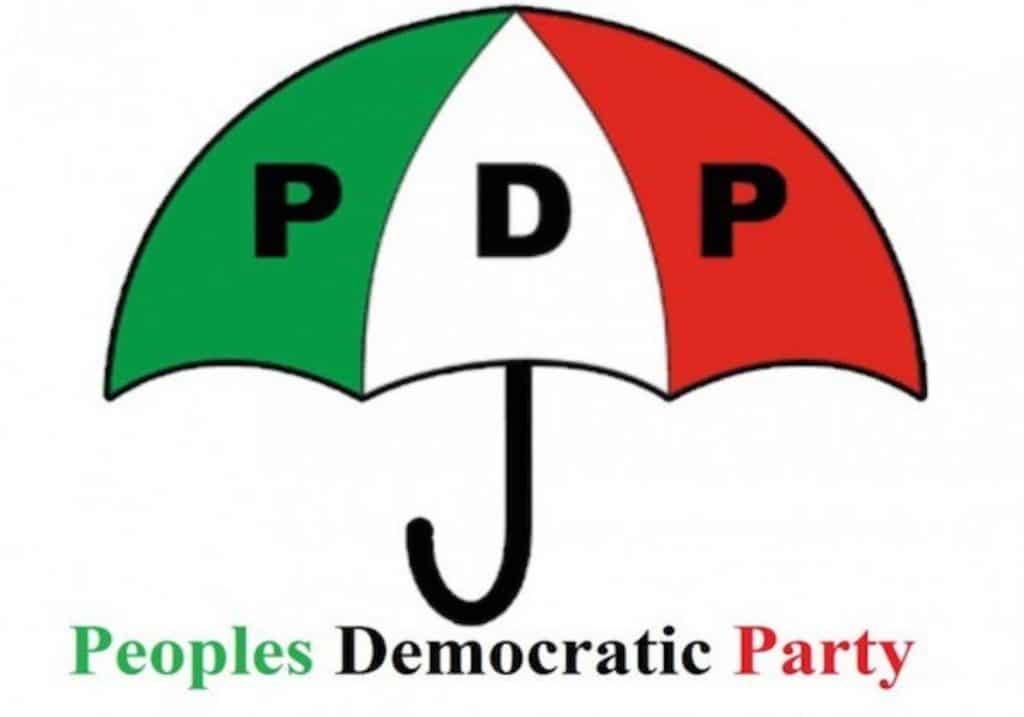
President Bola Tinubu welcomed the Supreme Court ruling, praising it as a step forward in improving local governance. He argued that the ruling would empower Nigerians, particularly the poor, by making local leaders more accountable for their actions and decisions. According to Tinubu, this shift would lead to better service delivery and a more responsive local government.
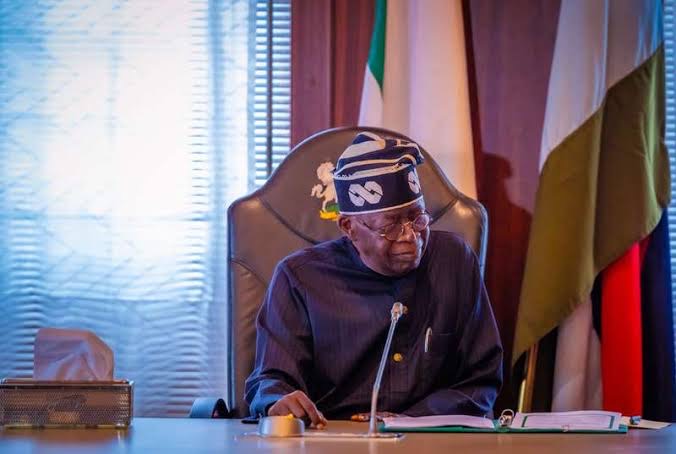
Despite this, the PDP’s stance reflects a broader concern about the practical implications of such autonomy. The party’s perspective aligns with earlier warnings from Oyo State Governor Seyi Makinde, who expressed concerns that the ruling could lead to negative consequences if not carefully managed. Governor Makinde had previously stated, “It behooves us to look for our own homegrown solutions that can ensure transparency and that our people do not suffer.”
He compared the situation to “when two elephants are fighting, it is the grass that will suffer,” suggesting that the public might bear the brunt of any ensuing conflicts between different levels of government.
The PDP and Governor Makinde’s views highlight a significant debate about the best approach to local governance reform. While the Supreme Court ruling aims to decentralize power and improve accountability, critics argue that without a well-coordinated implementation strategy, such reforms could inadvertently create new problems or amplify existing ones.



